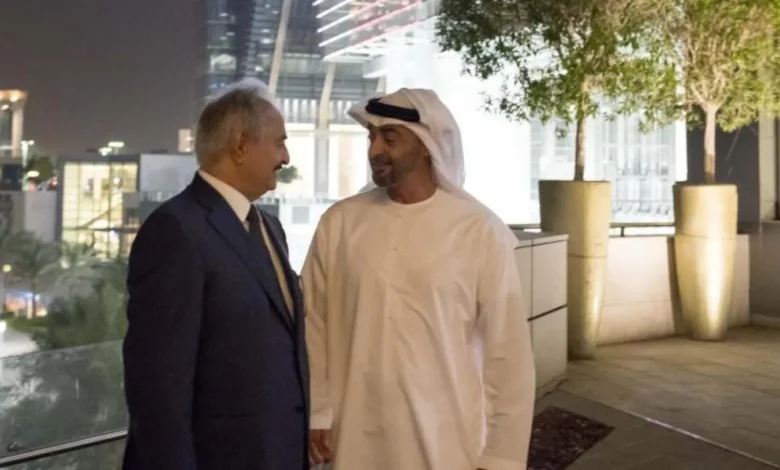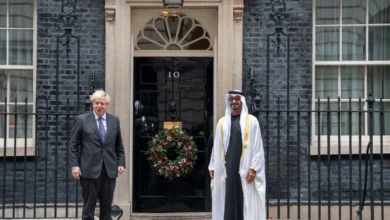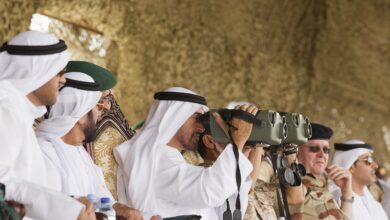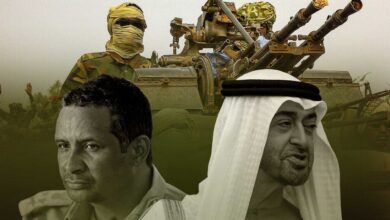REPORT: UAE and Haftar Behind RSF’s Seizure of Sudan’s Strategic Border Triangle

REPORT: UAE and Haftar Behind RSF’s Seizure of Sudan’s Strategic Border Triangle
Introduction
On 10 June, the Rapid Support Forces (RSF), with the direct assistance of Libyan militias tied to General Khalifa Haftar and under UAE patronage, captured Sudan’s triangle border region—a critical frontier linking Libya, Egypt, and Sudan. This operation marks a dramatic escalation in Sudan’s war, and it highlights the UAE’s deepening role in destabilizing Africa’s most fragile zones.
The Offensive
Eyewitnesses confirmed to Dark Box that over 250 military vehicles entered al-Katma, a gold mining town in the region, carrying RSF fighters and Libyan allies. The attackers looted markets, seized valuables, and forced out SAF and allied militias.
Militias from Subul al-Salam and the Tariq Bin Ziyad Brigade, controlled by Saddam Haftar, led the incursion. Locals report ethnically targeted violence and rapid military movements coordinated with RSF troops.
UAE Involvement
Flight logs, satellite data, and leaked security dossiers reveal that UAE planes landed in al-Kufra, Libya, shortly before the offensive, delivering weapons destined for RSF use. UAE coordination included:
- Repositioning Haftar’s Libyan National Army (LNA) forces to assist RSF.
- Using Libya’s south as a weapons transit corridor into Darfur.
- Sustained military supply flights from Emirati bases directly into conflict zones.
This comes amid growing tension between Abu Dhabi and Cairo, with Egypt seeing the border triangle as vital to its national security.
Strategic Significance
RSF control of the Sudanese part of the triangle cements its domination over Darfur and key gold-rich desert corridors. This access enables the RSF to:
- Smuggle gold through Libya and Chad.
- Import weapons via light-monitored corridors.
- Establish a “statelet” stretching across five borders: Libya, Egypt, Chad, CAR, and South Sudan.
Analysts warn that this control will prolong Sudan’s war and undermine regional stability.
Geopolitical Implications
- The UAE’s strategy mirrors its interventions in Yemen and Libya: Use proxies, control logistics, extract resources.
- Egypt hosted secret talks between Burhan and Haftar, but the UAE’s involvement has complicated mediation.
- Russia remains quietly aligned with RSF through coordination on arms transport and long-term interests in Port Sudan.
Expert Warnings
Cameron Hudson, ex-CIA analyst, told Dark Box:
“The RSF’s control of border areas will worsen and extend Sudan’s war. This has been the UAE’s plan—not just in Libya, but across the entire region.”
Islam Alhaj, a Libyan political analyst, added that the UAE is exploiting southern Libya’s lawlessness for weapons flows, smuggling, and influence-building.




